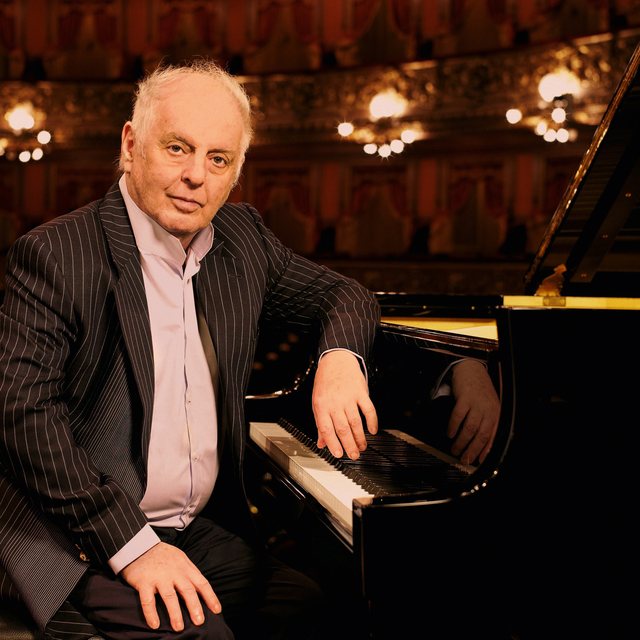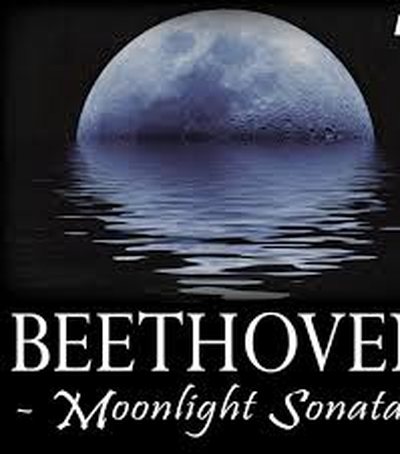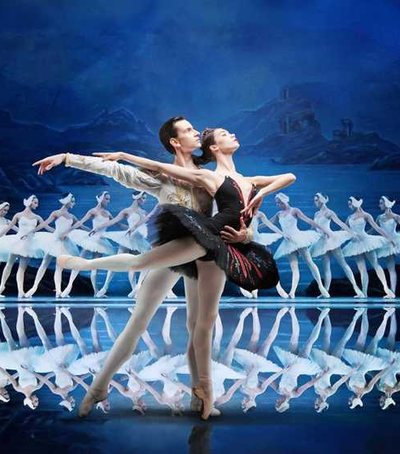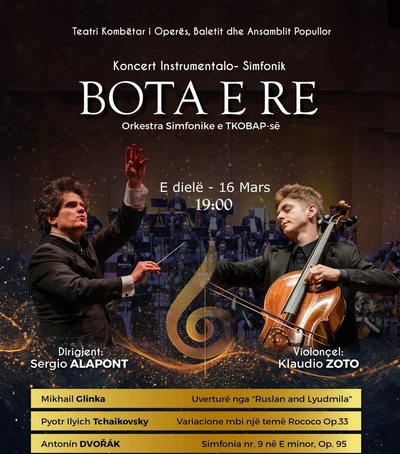
I was asked to talk a little bit about how to listen to music. This is a difficult thing to do because music has different meanings for different people. It can mean different things to the same people at different times. But one thing is for sure. You can either use music to forget, or you can use it for personal growth, pleasure, your interests or for the magic that it bestows upon you.
Forgetting means coming home after a hard day with a lot of problems, like with a tax inspector, or a dentist and all kinds of unpleasant things like that. Maybe you have a disagreement in the family or with friends and you come home exhausted and put on a CD, or turn on a digital device and search for something in particular and find a piece of music that you find particularly pleasant and thus forget about all the troubles. So, music can be used to forget about the world. And there is nothing wrong with that.
But I think music is much more than that. I don't think that the great composers of the past or present - Bach, Beethoven, Wagner, Debussy - didn't write music for us to use just to forget the unpleasant things in our lives. So the question that arises is - What can music give us and what should we do to achieve this?
Music can give us many things, such as joy, which is a very important element, even when music is about pain in enjoying it. I have personally been asked several times by orchestra musicians – How will we enjoy playing the 'Funeral March' today? - so even a funeral march causes us some pleasure and it seems like there is something macabre in this, but of course it is not.
This is because music is everything at the same time. Music never laughs, or smiles. Music never cries. But it always cries and smiles at the same time. And so music gives us the opportunity to experience things that in the absence of this fantastic world we would never be able to achieve. So music through sound. Consequently, I think it is very important that when you listen to music you are completely focused on it. You should never think 'oh, I have to turn off my phone to listen to music,' but that you should think that you should turn on your phone only after the music has finished. It should be that automatic as an action.
And then you are completely focused on the music. Give yourself a few seconds of silence before you start listening, and then when the music starts, catch the first note you hear and don't let it distract you from thinking about other things - your mother, your girlfriend, your shopping list, your laundry, etc. Catch the first note and fly with the music until its last note. And the pleasure you will get from this is absolutely unique.
There is nothing else in life or in the world that can give you this kind of joy, but only if you surrender to it. You don't need to be an expert in baroque music, or in 19th century music, or in contemporary music. But to achieve this you need to have the will to join the music by ear, and then you will fly with it.
And of course you will listen to different types of music in different ways, like symphonic music, opera, piano music, or chamber music, and only after you have learned to surrender to it, in the same way that you surrender to someone else, only then will you be able to understand which music does the most for you in the same way that you discover which people you go to best for conversation or for anything else. Maybe you will discover that you enjoy chamber music more, or symphonic music or piano music.
And, in fact, it doesn't matter at all. In each case, believe me, you need total and complete concentration which is nothing other than surrender of yourself. And, the more you give, the more you will get back.
***
Daniel Barenboim (1942) is an Argentine pianist and conductor. He is currently the conductor of the Berlin State Opera and the Staatskapelle Berlin (a German orchestra and the resident orchestra of the Berlin opera, which traces its roots back to 1570.) Barenboim has held the title of 'Conductor for Life' since 2000. He has previously served as conductor of the Chicago Symphony Orchestra, the Orchestre de Paris, and La Scala in Milan.
Source: https://www.youtube.com/watch?v=LCKZDSIHV80





